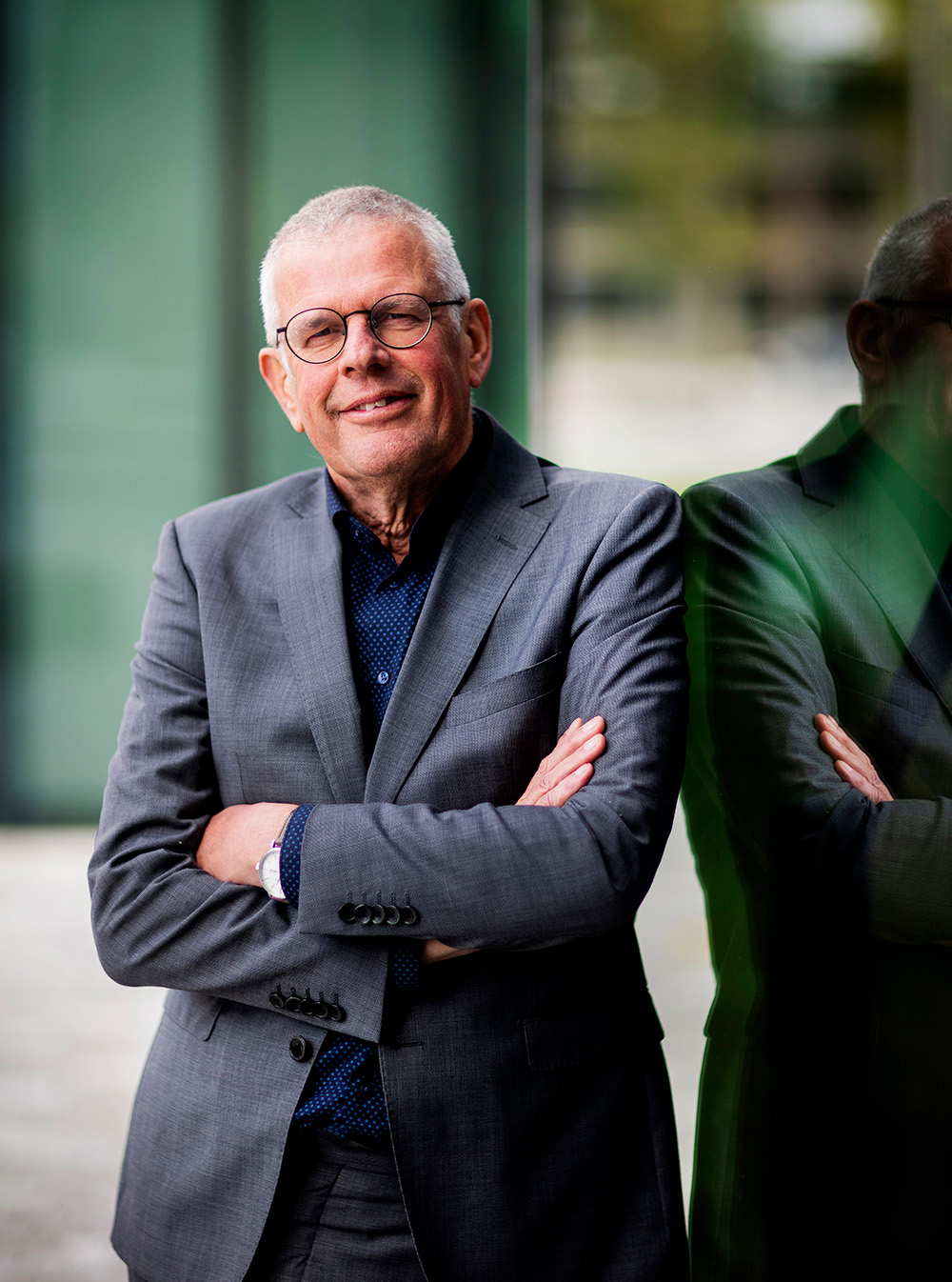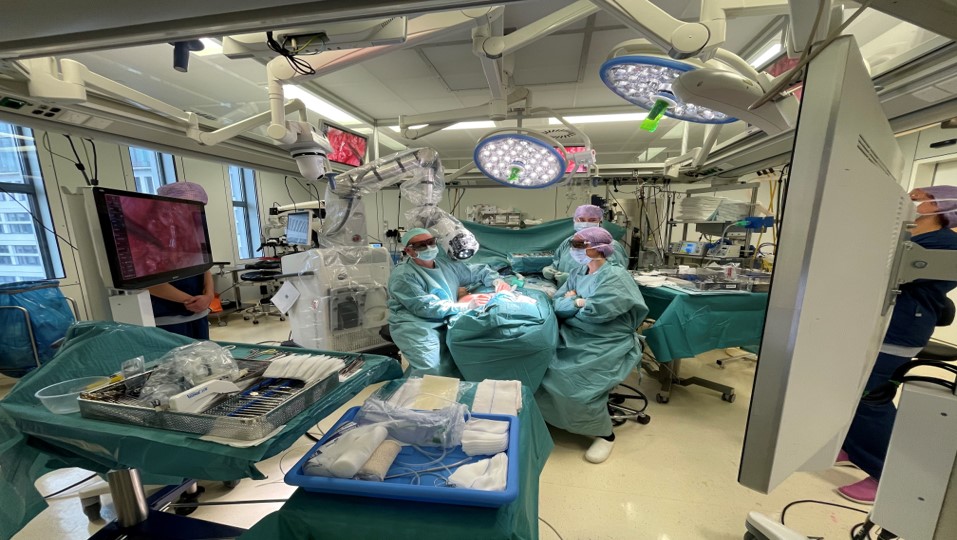"Every one of our spin-offs wants to make a positive impact."
Last year, Delft once again emerged as the best place in the Netherlands for entrepreneurship, according to research by the University of Utrecht and Birch Consultants. This is largely due to the many companies, both large and small, located on the TU Delft Campus. In the early stages, entrepreneurs often work with Delft Enterprises, the vehicle through which the university invests in promising spin-off companies. What is the vision of Paul Althuis, director of Delft Enterprises, for guiding young tech companies?
By Jurjen Slump • April 6, 2023

Why does TU Delft invest in spin-offs?
"Delft Enterprises revolves around the university's intellectual property and how we can make it socially and economically relevant through spin-offs. We are part of the chain that delivers promising research for the benefit of society. Other important factors include an incubator such as YES! Delft, education in entrepreneurship through the Delft Centre for Entrepreneurship, and innovative facilities on the TU Delft Campus like field labs.”
TU Delft is large and the research is comprehensive and diverse. How does DE ensure that promising patents don't end up getting shelved?
"We work with Tech Scouts: colleagues who are close to the research in the faculties and really on top of what is going on. They keep an eye on interesting research proposals and take the lead in setting up a company. For example, our spin-off MEZT, which has a technical solution for the nitrogen crisis, was built around a promising patent at the initiative our Tech Scouts."
“We have numerous successful examples where our companies have created social and economic impact.”
What added value does Delft Enterprises offer compared to market parties?
"Private investors often consider it too high a risk to invest in knowledge that has just emerged from the university. That's exactly where the financing gap is. There are some resources available for early-stage financing, but in my opinion, much more should be provided. We recently launched the TechScout Venture Fund as a supplement to UNIIQ, the regional proof of concept fund in which we are involved. We want to use this fund to accelerate the development of startups in the earliest stage."
Critics say that universities should not put time and effort into this, as they have too little knowledge of the market to really help startups progress.
"I disagree. We have numerous successful examples where our companies have created social and economic impact. Take Blue Phoenix Group, the company that extracts metals from household waste (after incineration) and started as a spin-off. It is currently valued at 500 million euros. Additionally, with 15 years of experience and extensive networks developed over many financing rounds, our spin-offs benefit from our knowledge and experience."
Sometimes there is also criticism of the share interest that universities take in spin-offs. This would hinder growth because it scares off investors in the next phase. What’s your view on this?
"I think it's the opposite and actually adds value, especially in cases where the substantive connection with the research is still ongoing. In practice, it has not deterred investors. The spin-offs in which we have a share interest have been successful in raising financing. We recently interviewed several Dutch investors and it turned out that the majority prefer a share interest over a royalty payment for the use of the university’s intellectual property."

How successful is DE?
"You need to look at each case to see the impact of a company, you cannot capture that in a percentage. Our spin-offs all have one thing in common: they all want to have a positive impact. That can be in terms of sustainability or a medical innovation that improves people's lives. Impact and financial success go hand in hand. By financial standards, Delft Enterprises is successful: we have experienced some great exits and the fair market value of our portfolio increases every year. These successes are positive for the new generation of spin-offs because we reinvest part of the income."
But sometimes a company does not make it.
"Not many companies from our portfolio go bankrupt. You would like the technology to be scaled up, but that doesn’t always happen. That's not a problem. Does that mean that there is no impact? It may well be that the acquired knowledge is used by other companies, which ultimately results in a positive impact on society. The most important thing is that the university must have done everything possible to ensure that promising technology is transformed into innovation."
When it comes to the national investment landscape, how does the Netherlands score?
"It’s getting better and better. Compared to about 15 years ago, there are more investors, the funds are larger and the mindset is becoming more entrepreneurial. Investors are also striving for impact these days."
What could be better?
"The government should have more regard for the different innovation ecosystems in our country, of which DE is also a part, and which are a driving force of business activity and economic growth. For example, the field labs on the TU Delft Campus are successful but they spend a lot of time generating funding for their own maintenance. With a targeted investment, they can focus much more on what they were established for: accelerating innovation."
![[Translate to English:] [Translate to English:]](https://filelist.tudelft.nl/_processed_/2/8/csm_mayht-3_ae000d269f.jpg)




